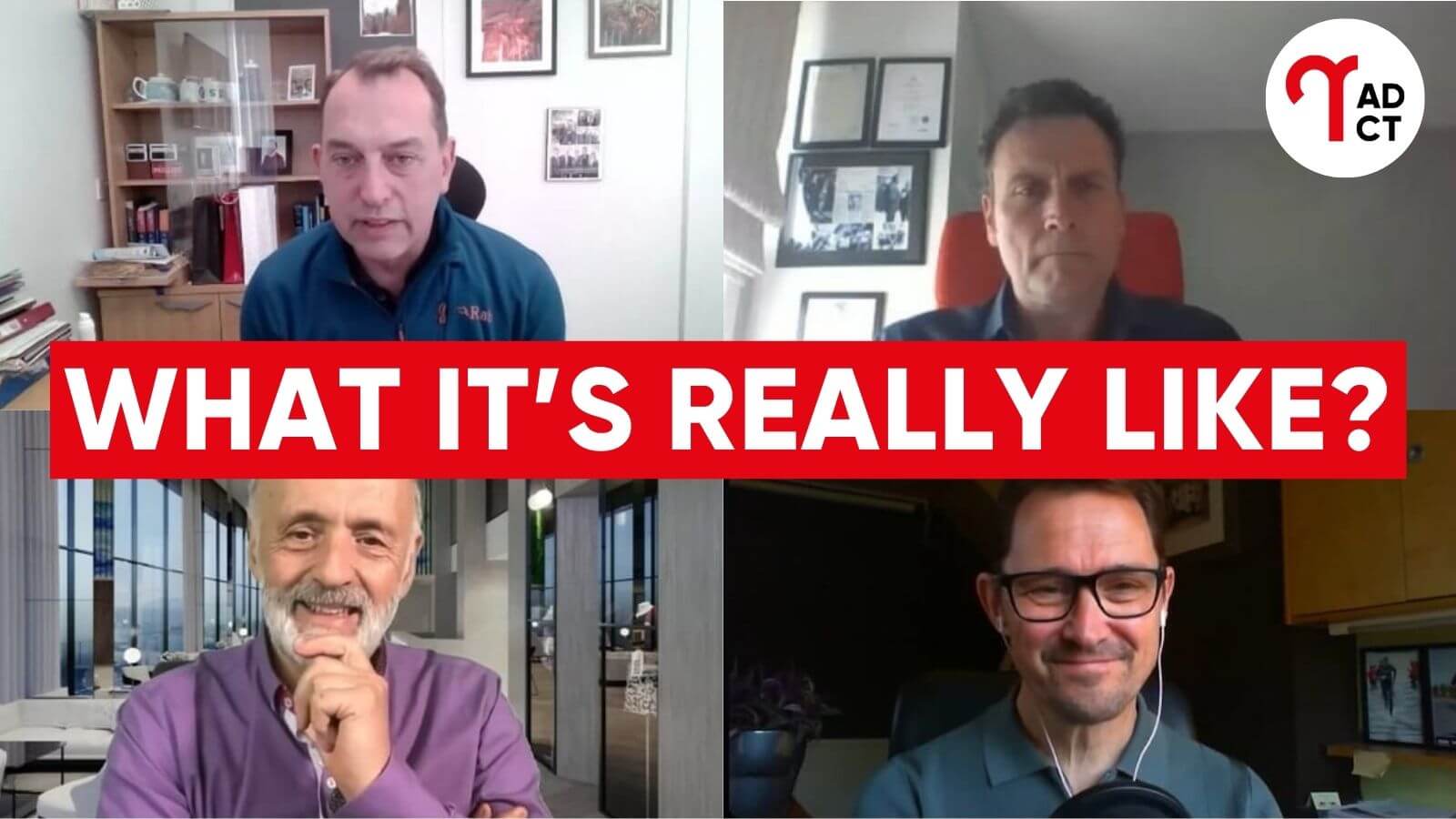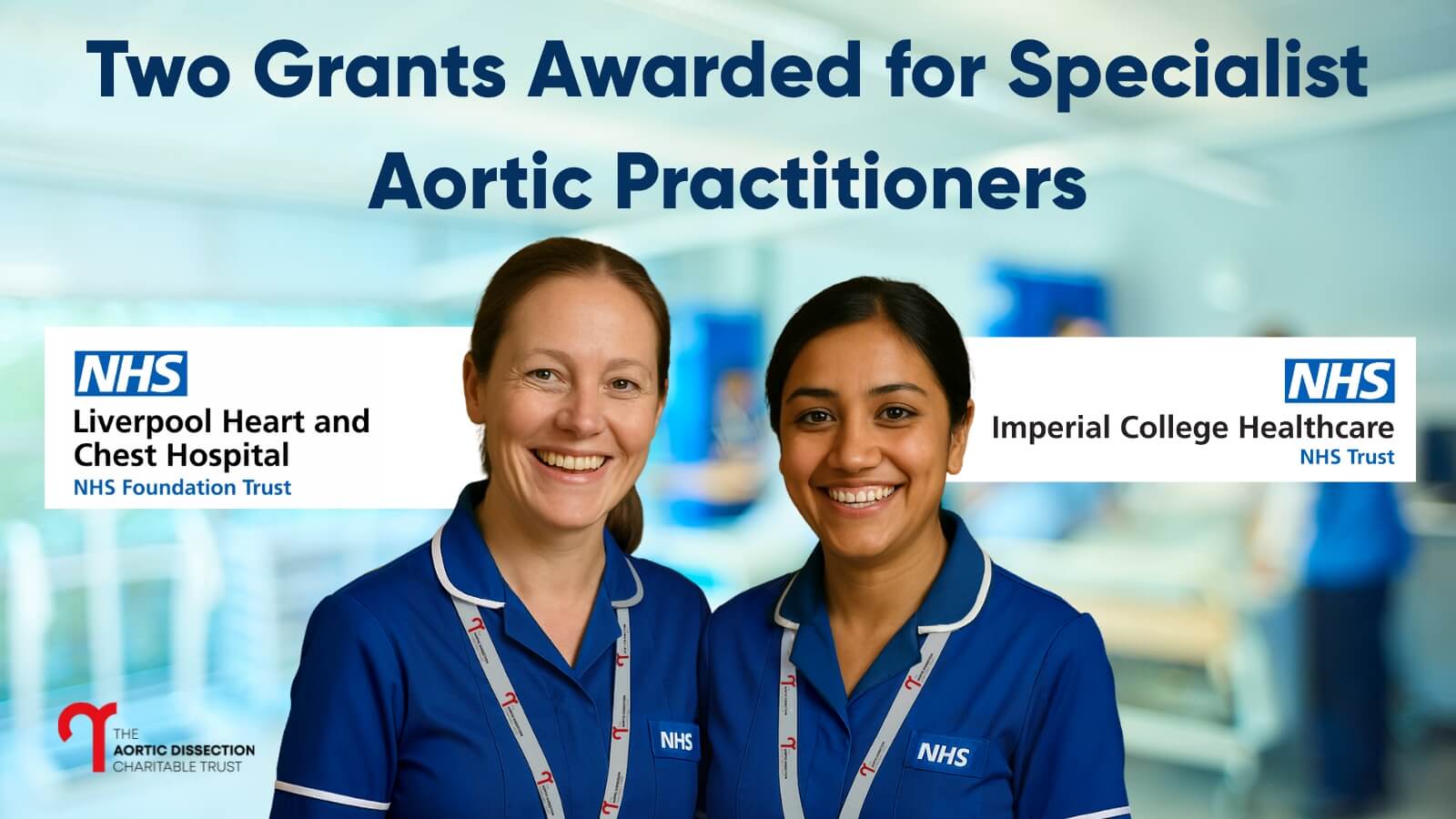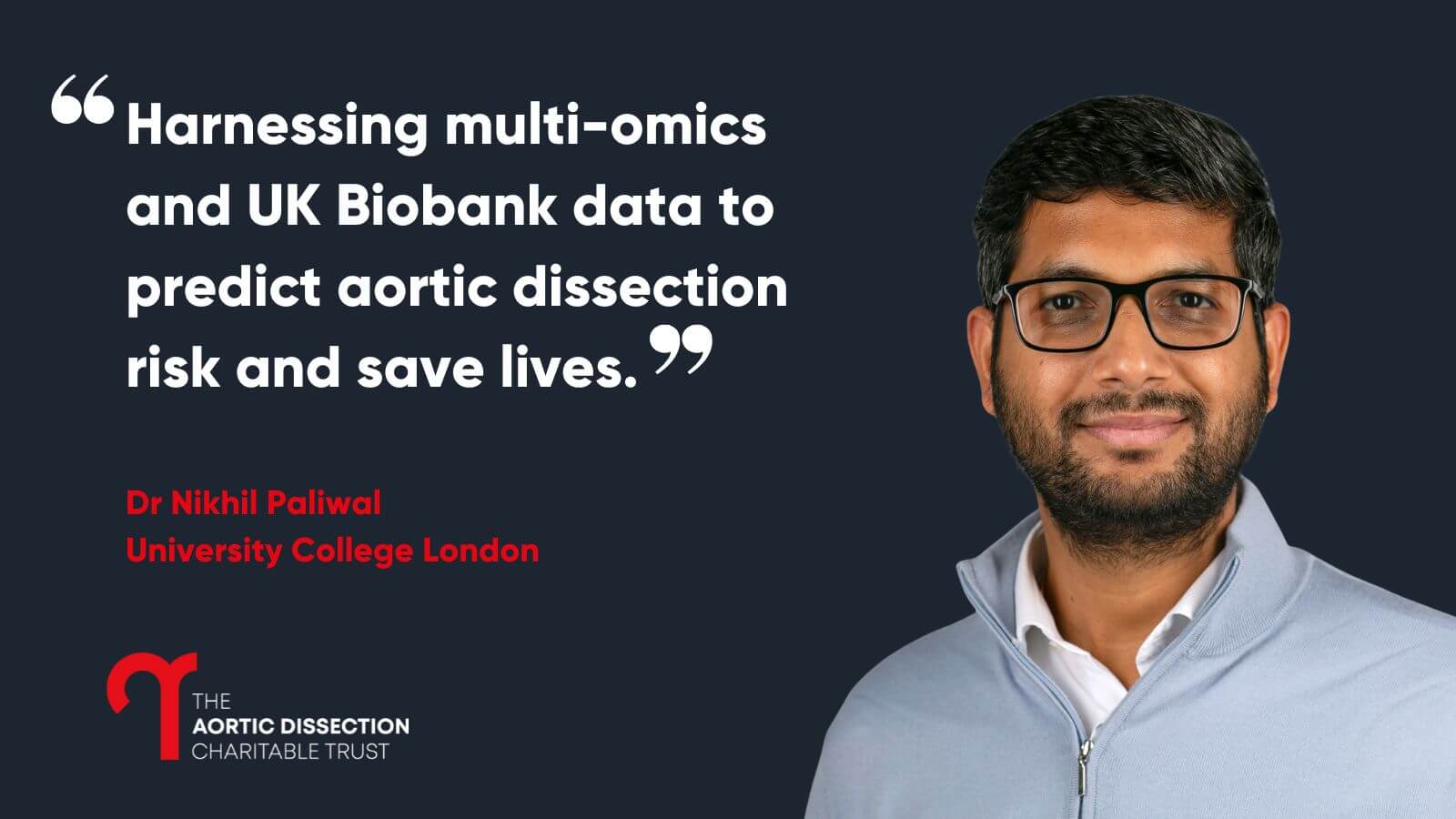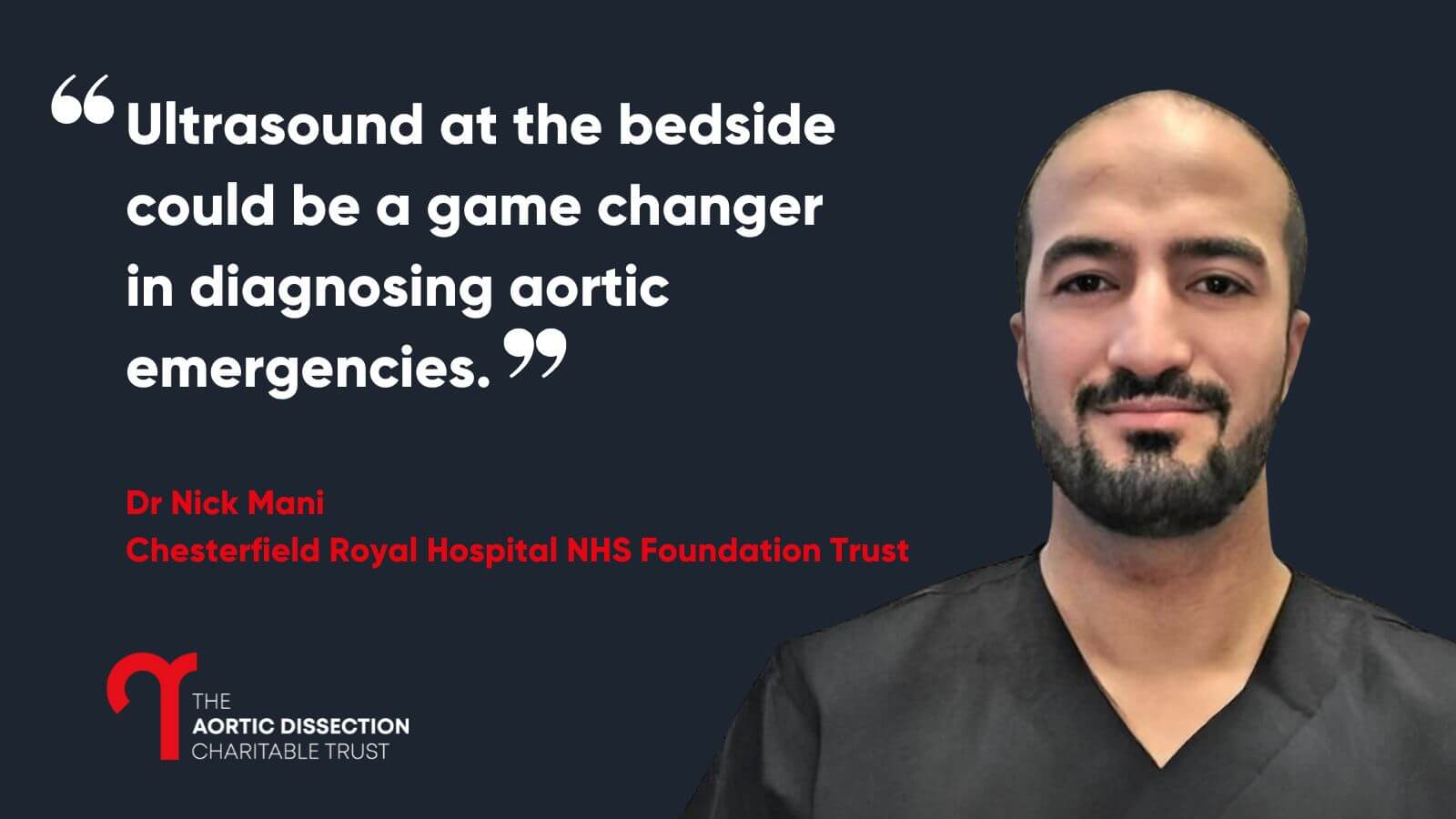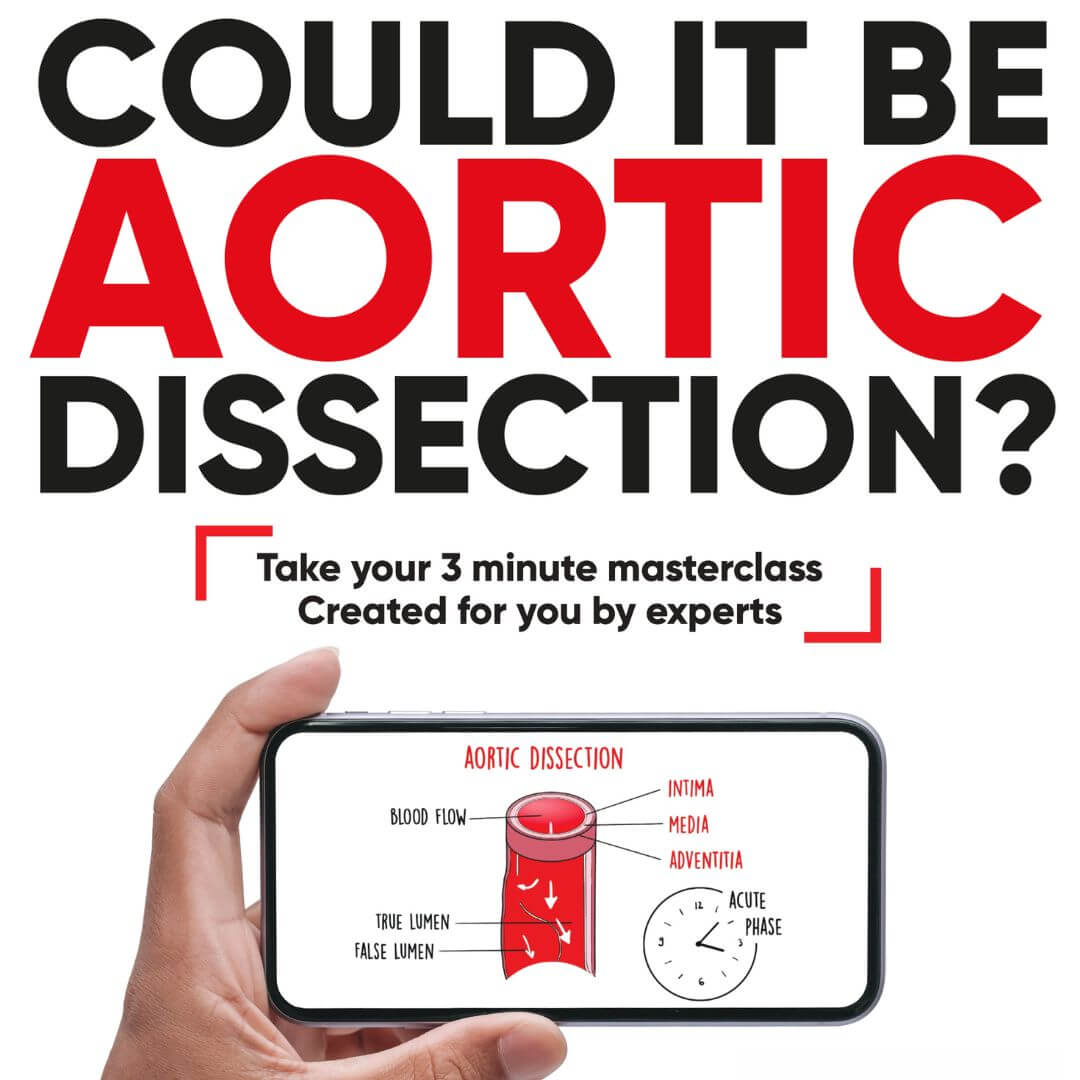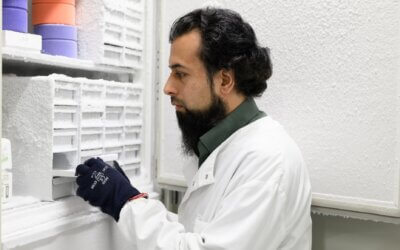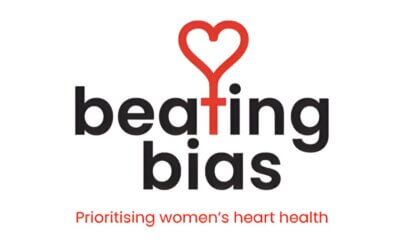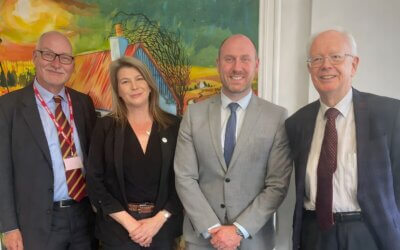September 2025 marked one of the most impactful Aortic Disease Awareness Months so far. Across the UK and Ireland, patients, families, clinicians, and supporters came together with renewed energy and determination. The month brought both wider awareness and tangible improvements in care, research and community support. This year has set a new standard for how we engage the public, professionals and policymakers to improve outcomes for those living with or at risk of aortic dissection.
Growing Reach and Community Engagement
The charity saw thousands of new visitors accessing the charity’s awareness and educational materials this year. A huge part of this success comes from our vibrant community. Volunteers and supporters shared content widely, both online and at in-person events. Social media played a major role, with stories and resources being viewed and reshared by patients, clinicians and the wider public.
Many patients joined our community for the first time, supported by a growing partnership with the British Heart Foundation. This collaboration continues to bring increased visibility to aortic dissection and ensures more people receive support at diagnosis and throughout their journey.
Sharing Stories, Providing Support
September also marked the launch of a new podcast series dedicated entirely to the patient experience. Hosted by a former BBC News presenter, the podcast explores key issues facing those living with aortic dissection. Topics include diagnosis, long-term recovery, emotional wellbeing and navigating healthcare.
Each episode pairs patients with medical experts in honest conversations. These discussions aim to answer the most common questions while offering practical advice. The podcast has already received over 6,000 listens and reached number 22 in the Apple Podcasts UK charts in the Medicine category. It is designed for easy access, offering guidance from hospital admission through to long-term recovery.
Clinical and Professional Events
The charity was proud to attend and present at several leading professional events this September. The Interdisciplinary Aortic Dissection Symposium (IADS) 2025 brought together international experts across surgery, radiology, anaesthetics, emergency care and cardiology. It was a one-day meeting focused on current evidence, clinical collaboration and improving outcomes.
Highlights from IADS included:
- Prof Arun Pherwani presented national data trends from the National Consultant Information Programme.
- Dr Tara Mastracci outlined how personalised medicine is reshaping dissection management.
- Prof Germano Melissano explored interventions for complicated dissections and the use of advanced diagnostics.
- Prof Colin Bicknell delivered an update on the EARNEST trial, which compares TEVAR to standard medical therapy. The charity remains a committed partner in ensuring patient involvement in this landmark study.
We also delivered the keynote address at the East Midlands Emergency Medicine Conference (EM2C). The session focused on aortic dissection diagnosis in emergency settings, national care priorities and the importance of clinical collaboration. The event attracted emergency physicians, trainees, paramedics and nurses, offering practical simulations and networking opportunities.
Community Led Fundraising
Fundraisers and awareness events took place throughout the month, reflecting the strength and creativity of our community. We are deeply grateful to everyone who gave their time, energy and commitment to raising awareness and funds for aortic dissection.
Team Aorta was represented by nine dedicated runners who took part in the Great North Run, one of the world’s most iconic half marathons, held in Newcastle upon Tyne. Their presence helped shine a spotlight on our cause in front of thousands of spectators and fellow runners.
Among them was Jane, who ran in memory of a dear friend who was lost to aortic dissection. Aimie also took part, running in memory of her husband John. They had run the Great North Run together in 2023, making her return this year all the more poignant. Matt and Toby ran in memory of Julie, honouring her life and raising awareness of the condition that took her too soon.
Darren and David undertook an extraordinary self-supported challenge, completing the entire 438km Wainwright’s Coast-to-Coast trail in just 10 days. Starting in St Bees on the west coast and finishing in Hull on the east, they climbed a staggering 8,200 metres, averaging a marathon a day.
In Weymouth, Ian completed his very first Ironman in memory of his father. Ben returned to the CCC race, part of the renowned UTMB series, after having to withdraw at the 55km mark in 2023. This year, his determination paid off as he successfully reached the finish line.
Ollie ran his fifth half marathon of the year, continuing a year-long campaign of twelve races, each in memory of his late father. His dedication highlights the enduring impact of aortic dissection on families and the strength that emerges from loss.
Dan completed the two-mile Swim Serpentine in Hyde Park, earning the prestigious London Classics medal after also completing the London Marathon and RideLondon. His efforts brought further awareness to our cause within the broader endurance sports community.
These efforts raised crucial funds and awareness while uniting supporters from all walks of life in honour of those affected by aortic dissection.
Specialist Aortic Nursing Funding Awarded
A landmark moment came this month with the announcement of newly funded specialist Aortic Advanced Practitioner roles at two NHS trusts. Imperial College Healthcare NHS Trust and Liverpool Heart & Chest Hospital are the first in the UK to receive this funding.
These nurses will provide lifelong support for patients and their families. This funding marks the beginning of a nationwide vision: a specialist aortic nurse in every centre. This model will improve patient experience and enhance continuity of care.
Research Grants 2025
The charity awarded two significant research grants this September, reflecting a national push to advance diagnostics and prevention strategies. The 2025 projects align with priorities identified by both clinicians and patients, focusing on emergency care and long-term prevention.
Award 1: Multi-Omics for Prediction and Prevention
Dr Nikhil Paliwal and team are leading a project that aims to transform thoracic aortic dissection from a sudden emergency into a preventable condition. Using the UK Biobank, the study will identify biomarkers, imaging changes and genetic risk factors. Artificial intelligence will combine these data into a predictive tool, allowing personalised monitoring before symptoms appear.
Award 2: BEaT-ED – Bedside Echocardiography in Emergency Settings
Led by Dr Nick Mani, this study will evaluate how transthoracic echocardiography is currently used in suspected acute aortic syndrome (AAS) cases. The goal is to create national best-practice protocols, improving diagnostic accuracy in emergency departments. A key focus is patient involvement and enhanced clinician training.
Supporting Evidence and Policy Tools
Several key publications and resources were released this month to support improved practice:
- The ASES Study, funded by NIHR, reviewed the use of ADD-RS and D-dimer in guiding CT angiography. It confirms their value in diagnostics but calls for further research to validate different combinations and new biomarkers.
- The European Society of Cardiology included acute aortic syndromes in their new Clinical Decision-Making Toolkit. This provides clinicians with up-to-date guidance for rapid diagnosis and treatment in cardiovascular emergencies.
Continued Impact
Aortic Dissection Awareness Month 2025 has brought unprecedented momentum. The launch of accessible podcasts, the introduction of advanced practitioner roles, and large-scale community engagement signal a significant shift in how the condition is understood and managed. Research continues to open new possibilities. Education is reaching broader audiences. Patient support is stronger than ever. As the incidence of aortic dissection continues to rise with an ageing population, our collective commitment must remain firm.
But for us, awareness is not just about one day. Every single day, we are working hard to raise funds, educate the public and medical professionals, and push for better understanding and care. The mission is clear: faster diagnosis, better care pathways, personalised treatment and lifelong support. Through collaboration, innovation and compassion, we are transforming the future of aortic dissection.

